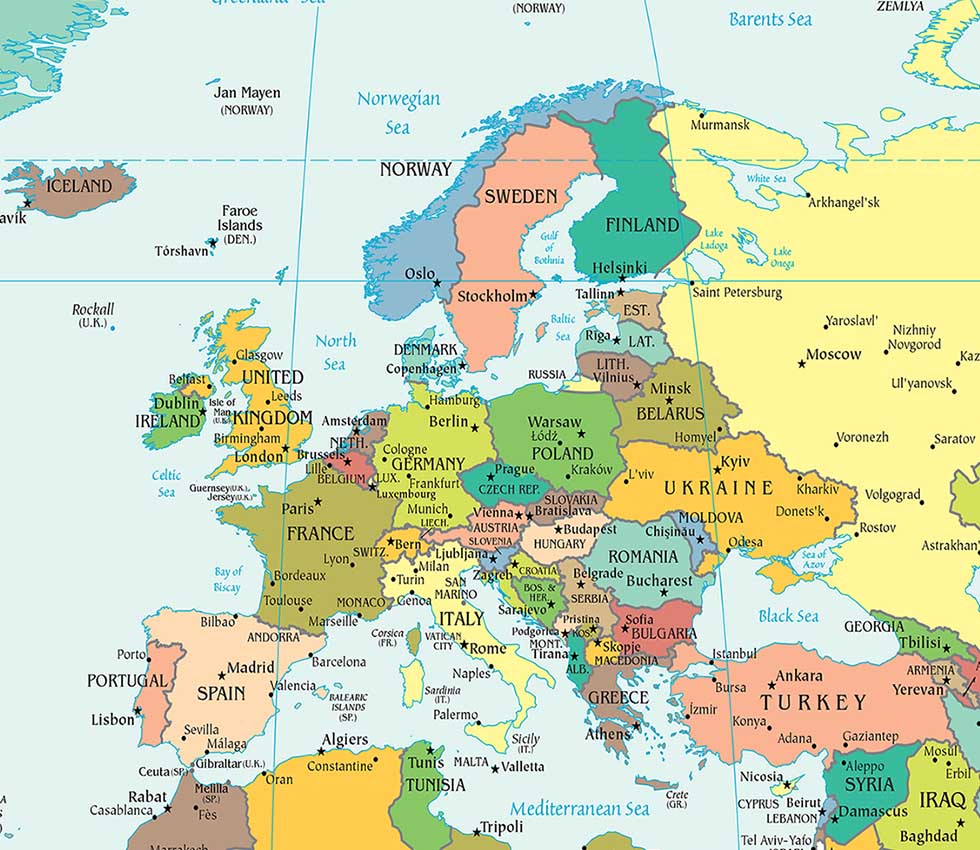Why Europe should love Romanian immigrants

Bloomberg View
The unexpected victory of the opposition candidate Klaus Johannis in Romania's presidential election yesterday is an important development -- not just for Romania, but for the European Union as a whole. Migration within the union, which has led to the rise of anti-EU political groups in some wealthier nations, including the U.K., is paying off: It is helping nations on the periphery such as Romania adopt the best practices of the older, core democracies.
In the first round of the vote, Prime Minister Victor Ponta beat Johannis, the center-right mayor of the Transylvanian town of Sibiu. Johannis, an ethic German, didn't appear likely to prevail in the run-off. He is Lutheran, and not Orthodox Christian like most Romanians, and he ran a rather boring campaign. The election, however, was marred by complaints from Romanians abroad who had trouble casting their ballots. There were long lines at polling stations in Italy and Spain, where Romanians are the biggest immigrant group, as well as in France and the U.K., which also have large Romanian populations.
The incidents angered Romanians abroad and at home. Protests erupted across Romania as people demanded that the emigres be allowed to exercise their right to vote. Ponta's Socialist government was suspected of having arranged the hurdles to voting because the diaspora had backed center-right parties in the past. According to a 2011 paper by Toma Burean at Babes-Bolyai University, the current president, Traian Basescu, a center-right politician who has been tough on corruption, "systematically gathered a higher share of diaspora support in countries that are more democratic, enjoy more economic freedom, and are less corrupt."
About 3 million voting-age Romanians live abroad, representing a significant share of the country's 18 million eligible voters. In the second round of the 2014 election, the number of emigres who cast their ballots more than doubled compared with the first round, to 378,811, about half of them in Italy and Spain. Thank to the protests, the turnout also increased within Romania. This gave Johannis, who is more likely to continue Basescu's anti-corruption line than Ponta would have been, a surprise landslide victory.
Corruption and weak institutions are major reasons that East Europeans leave home to seek their fortunes. In developed countries, the public often sees them as economic emigres or even "benefits tourists" leeching off their hosts' welfare systems. It would be more accurate, however, to see them as refugees from hopelessness. Had their motives for emigrating been purely economic, they wouldn't be voting in such large numbers, and would have no interest in their home countries' politics.
The way the emigres vote is telling. In the 2012 Russian presidential election, President Vladimir Putin lost to billionaire Mikhail Prokhorov in France, Canada, Australia, the Czech Republic, Holland and Switzerland. In several other developed countries, Putin's lead was narrower than in Russia. In the May 2014 Ukrainian presidential election, pro-Western billionaire Petro Poroshenko Ukrainian got 62.3 percent of the diaspora vote.
Spain and Italy may not always seem like shining examples of clean politics or strong institutions, but compared with Romania -- or to most Eastern European nations with net migrant outflows -- they are well-functioning democracies. Living in countries with longer democratic traditions often leads emigres to conclude that their countries of origin need to develop stronger civic and political cultures.
Core EU countries should do their best to preserve free movement within the bloc, and not just because it imposes more flexibility on labor markets, drives down costs and has a positive fiscal effect. Migrants will embrace the customs of their host countries and push for them to be adopted in their homelands. Little by little, they will force changes that create the conditions that allow them to come home: Less corruption and better governance equals more jobs and higher well-being.
The same logic applies to Eastern Europeans from non-EU countries. Ukrainians and Russians need help in identifying the flaws of their hopelessly corrupt governments. There's no better way to provide that help than by giving them the experience of living in countries where their taxes actually buy them something. As more Russians experience the healthier societies of Europe, they will be less susceptible to their government's poisonous anti-Western propaganda.
Here we are to serve you with news right now. It does not cost much, but worth your attention.
Choose to support open, independent, quality journalism and subscribe on a monthly basis.
By subscribing to our online newspaper, you can have full digital access to all news, analysis, and much more.
You can also follow AzerNEWS on Twitter @AzerNewsAz or Facebook @AzerNewsNewspaper
Thank you!
